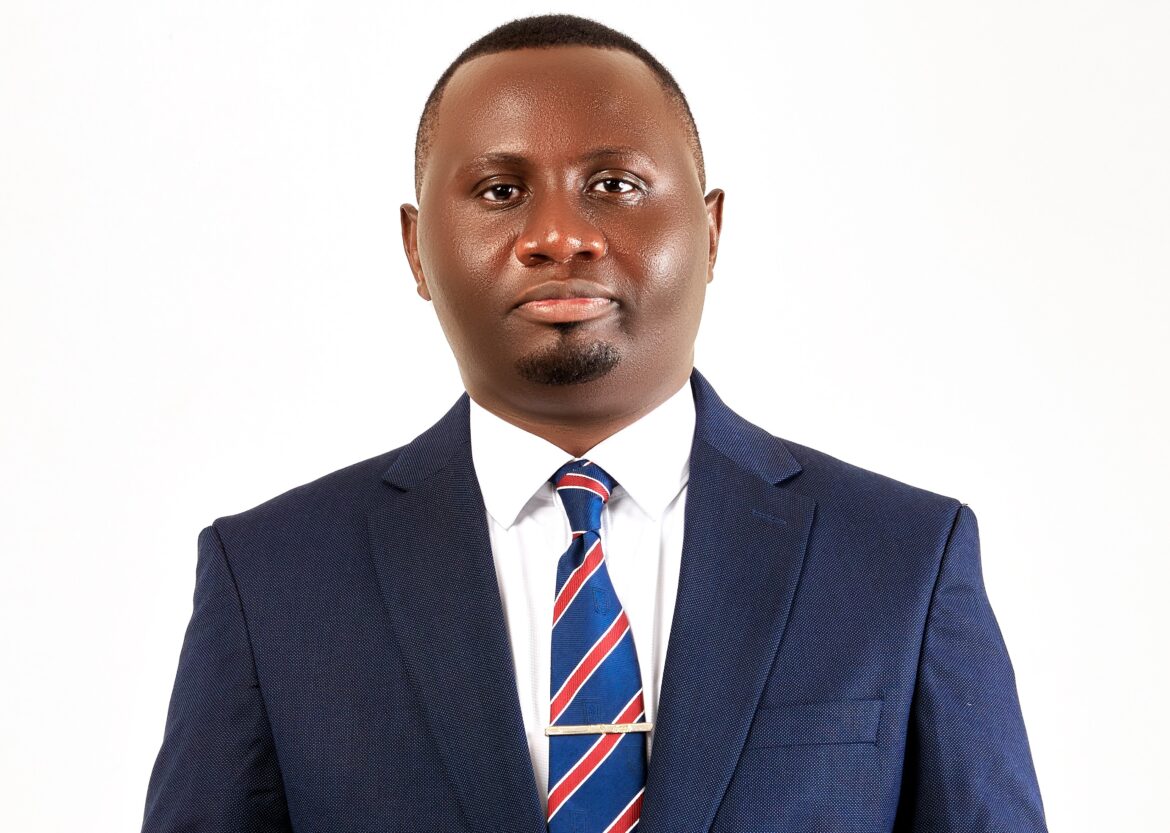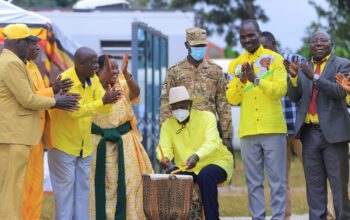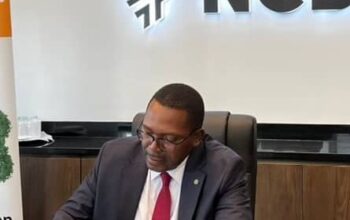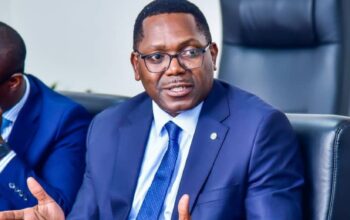In today’s volatile, digital-first world, where communication can build or break reputations in minutes, there is one silent but powerful force shaping the future of public relations: mentorship.
In Uganda’s fast-evolving public relations landscape, where digital disruption and stakeholder demands are redefining communication, the most sustainable growth strategy for young professionals isn’t another degree—it’s a relationship.
A relationship anchored in experience, wisdom, and guidance. In short: mentorship.
Having worked across Uganda’s communication and education sectors for over eight years—as a Public Relations Officer, Lecturer, Consultant, Executive Secretary, and now Vice President of the Public Relations Association of Uganda (PRAU)—I’ve seen firsthand how mentorship transforms potential into performance.
“Mentoring is a brain to pick, an ear to listen, and a push in the right direction,” said American politician John C. Crosby. That “push” is precisely what many emerging communicators need in a world where expectations often exceed exposure.
Mentorship: More Than Guidance
Mentorship is not merely advice-giving. It is an intentional, trust-based relationship that accelerates personal and professional growth.
Scholars like Dr. Kathy Kram, whose seminal work Mentoring at Work is widely cited in leadership circles, described mentorship as a catalyst that “enhances career development through learning and psychological support.”
In Uganda, where the job market prioritizes experience, yet graduates leave school with mostly theoretical knowledge, mentorship is the often-missing bridge.
In my own career, I’ve mentored and been mentored—both in formal institutions like Uganda Christian University and in informal networks.
The most meaningful leaps I’ve seen—mine and others’—came not from degrees, but from dialogue.
My Journey Through the Lens of Mentorship
In my time as Head of Student Recruitment at Victoria University, I worked closely with young minds making the difficult leap from academic life to corporate ambition.
Many had talent but no toolkit. Mentorship became our medium for shaping direction, confidence, and resilience.
Later, as Executive Secretary of the Uganda Society of Architects, I wasn’t just coordinating events or managing policy—I was mentoring a team, nurturing partnerships, and guiding strategic communication in a field where visibility was everything.
And as a lecturer and PR practitioner at Uganda Christian University, I had the unique privilege of watching students evolve into confident communicators—often not because of lectures, but because of conversations that happened after class.
These experiences shaped my belief that mentorship should not be peripheral—it should be institutionalized, valued, and measured.
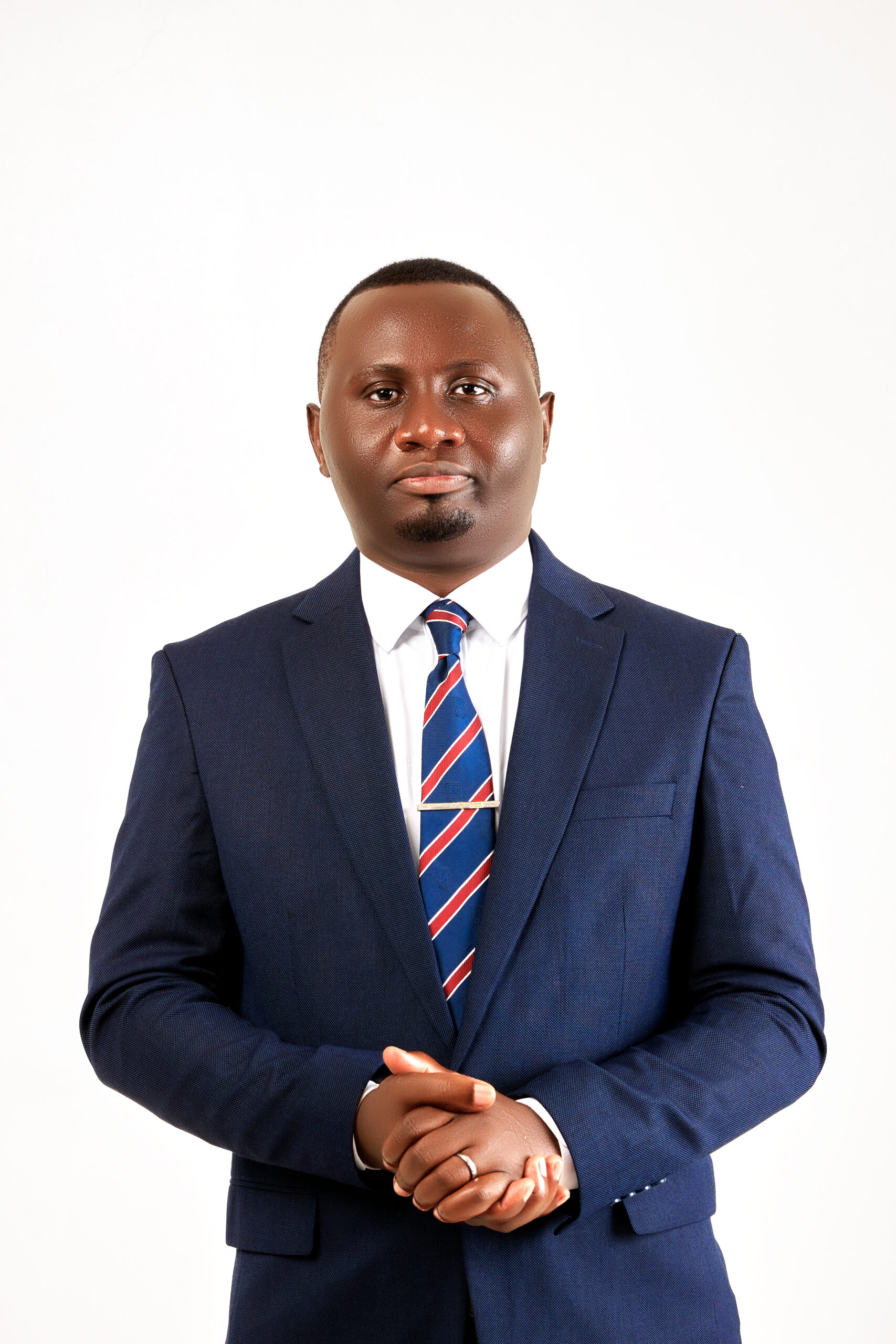
The Global Context Meets Local Needs
The world of public relations is changing. The 2024 USC Annenberg Global Communications Report highlights key shifts in the industry: a movement toward digital-first communication, integrated analytics, values-driven storytelling, and hyper-responsive crisis management.
In such a landscape, PR professionals need more than textbook definitions. They need living mentors who can help them adapt, anticipate, and lead.
“To teach is to learn twice,” noted French philosopher Joseph Joubert. Every time I mentor, I don’t just help someone grow—I rediscover why I chose this profession.
Mentorship becomes a space of mutual empowerment. As mentors, we pass on insights; as mentees, we challenge norms and push innovation.
Beyond a Program: A Culture of Growth
In Uganda, mentorship is still emerging as a formalized practice, especially in communication circles. Too often, professionals operate in silos—guarding knowledge instead of sharing it.
But the future will belong to industries that value intergenerational wisdom and collective progress.
As the late Kofi Annan aptly said, “Knowledge is power. Information is liberating. Education is the premise of progress.”
But mentorship is what activates that education—turning passive knowledge into lived expertise.
When mentorship becomes part of our organizational culture—not just an HR formality—we build industries that are resilient, ethical, and competitive.
A Professional Duty, Not a Favor
As a member of PRAU and the broader PR ecosystem, I believe mentorship is a professional obligation. If you’ve benefitted from guidance in your career, then someone deserves that same opportunity from you.
Whether you’re in an agency, government communications, corporate branding, or digital content—your insights could be the very thing that lights another person’s path.
And for those just starting out: don’t wait for a formal invitation. Seek mentors. Ask questions. Absorb not just what your role requires, but what the industry expects.
Because the difference between surviving and thriving in PR today isn’t just skill—it’s Mentorship.
A Call to Reflect, Not Promote:
This is not a call to join a specific program. It is a call to rethink how we prepare our young professionals for the road ahead.
Whether in public relations, law, engineering, or healthcare—mentorship must become part of how we define professionalism.
Every seasoned communicator should ask: Who am I mentoring?
And every emerging professional should ask: Who is mentoring me?
For in the silence between those two questions lies the difference between a profession that survives—and one that thrives.
Let us make mentorship not an exception, but an expectation. Not an event, but a habit. And not just a tool for growth, but a legacy we pass on to those who follow.
Final Reflections
In all my roles—as a communicator, educator, strategist, and leader—one truth remains constant: mentorship is the shortest route to meaningful impact. It accelerates careers, shapes ethical practices, and creates a ripple effect of transformation.
Let’s not treat it as a favor or fringe benefit. Let’s embed mentorship into how we define success, how we build teams, and how we prepare the next generation of Ugandan communicators.
Because when we mentor, we multiply excellence.


